What is an enterprise hybrid cloud?
By Alex Hawkes|19 March, 2024
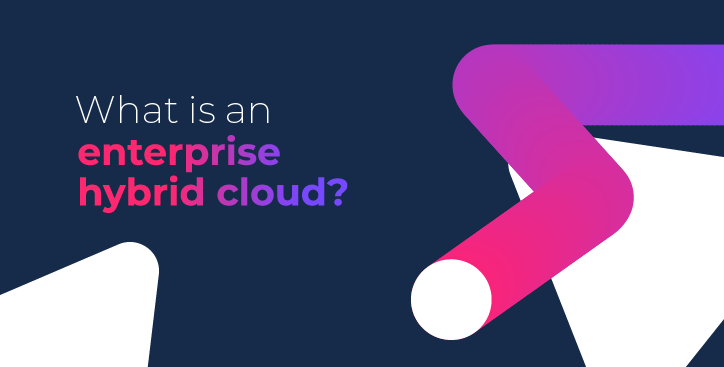
Cloud computing offers a scalable, flexible, and adaptable way for your organisation to manage its IT infrastructure. It can reduce your running costs, enhance security, and ensure that your employees have access to the resources and digital tools they need to work effectively.
But no single implementation of cloud computing will be identical. Many enterprise cloud approaches will be bespoke and hybrid, combining both public and private cloud solutions with on-premise infrastructure.
To help you better understand your cloud options, here we explain what an enterprise hybrid cloud is, and why hybrid clouds are so important for many organisations.
What is cloud computing?
For clarity’s sake, cloud computing is the delivery of various IT services via the internet rather than having those services based locally.
For instance, instead of having an employee save their work on their laptop’s hard drive, that work is instead saved on a cloud server. Rather than applications running on an employee’s computer, those applications are accessed online.
Cloud computing can cover a range of IT services, including:
- Data storage and backup
- Software provision
- Database management
- Full virtual environments where all required software and a user’s desktop can be accessed from anywhere, ideal for remote working
What is an enterprise hybrid cloud?
An enterprise hybrid cloud is a hybrid approach to cloud computing that combines a mixture of cloud solutions and on-premise IT infrastructure.
Often, a hybrid enterprise cloud involves an organisation transitioning some of its IT infrastructure to a cloud solution, whilst retaining some IT services on-site or on-computer. For instance, you might move data storage and back-up services to the cloud. But also choose to run specialised software locally on employee’s computers, if that software would be difficult and costly to transition to a cloud application.
As well as combining both cloud and on-site IT infrastructure, hybrid cloud solutions often involve both public and private cloud services:
Public cloud services
Public cloud services are existing cloud solutions owned and operated by third party companies, including Google Cloud, Amazon Web Services (AWS), and Microsoft Azure. Public cloud solutions are easy and quick to access, scalable, dependable, and often cost effective.
Private cloud services
Private cloud services are cloud infrastructure components owned, or at least used, only by your organisation. They sit within your IT infrastructure, behind its firewalls, with only individuals within your organisation able to access it. Private cloud servers can be hosted in your own data centres or via a third-party company’s remote data centre.
The benefit of private cloud services is that they offer higher levels of security than public clouds and more reliable connections. This enhanced security and performance will likely come at a higher cost than using public cloud solutions however.
What is a hybrid cloud environment?
A hybrid cloud environment is the IT environment that your organisation’s employees experience and work within.
Ideally, your employees shouldn’t notice any difference between working within a hybrid cloud environment or within a traditional on-premise/on-machine environment.
In a hybrid environment, some software an employee may use might be installed locally on their machine, some software may be accessed online via a public cloud, and some services, like data storage, may be delivered by a private cloud. But beyond logging-in to their desktop, employees shouldn’t experience any lags or downtime, and should be able to work smoothly without any impediments, without even noticing if services are local or cloud-based.
Why are hybrid clouds important for business?
Cloud computing can offer both advantages and disadvantages. A hybrid solution to cloud computing can allow organisations to enjoy the benefits of cloud solutions, but can also provide ways to minimise the downsides.
Advantages of hybrid enterprise cloud approaches include:
- Flexibility: A hybrid approach allows the most appropriate parts of your organisation’s data and processes to be moved to cloud services, but gives the option to keep some databases, software, and operations on-site.
- Freedom of choice: Different cloud providers offer different cloud services. By using multiple, you’ll have the freedom to choose which your organisation uses, rather than being limited to one provider.
- Variable security: By using a combination of public and private cloud services, plus in-house solutions, security priority can be assigned to the most sensitive data and critical processes, with less important data and programs subject to less stringent security measures. Security can be tailored rather than being a blanket approach.
- Continuity and redundancy: With systems and data distributed across multiple cloud services, if one is compromised or can’t be accessed, then backup systems on other services can provide emergency redundancy. Data and programs may even be able to be quickly moved between cloud providers, further helping with redundancy during outages.
- Reduced costs: Rather than transitioning entire processes or databases online in a one-size-fits-all move, a hybrid cloud solution allows a more bespoke approach, with different levels of cloud service chosen for different areas of the organisation, ensuring the most is made of cloud service investments.
However, hybrid cloud approaches can also have drawbacks, including:
- Increased complexity: Managing operations across different cloud services, that may operate with different systems and interfaces, will be more complex than managing via a single cloud vendor.
- Dealing with multiple vendors: On top of the increased complexity of managing multiple cloud services, dealing with more than one vendor will mean more complexity when it comes to managing contracts, relationships, and billing.
- Increased costs of private cloud hosting: If your organisation opts for some degree of private hosting, this will likely be more expensive than public-only cloud hosting, as you will have to invest in your own cloud infrastructure hardware.
Hybrid enterprise cloud computing for your organisation
It’s clear to see why hybrid clouds are so important for many operations. But whether or not a hybrid cloud approach will be right for your organisation will depend upon how demanding your cloud requirements are and whether or not you’ll require the flexibility that comes with combining multiple cloud solutions.
Console Connect provides access to leading cloud platforms worldwide, and all your cloud connections can be managed in real time through our easy-to-use self-service portal, giving you the flexibility and agility you need when managing your hybrid cloud.

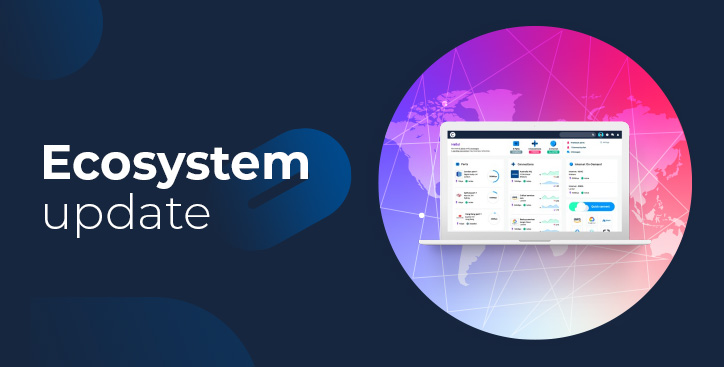
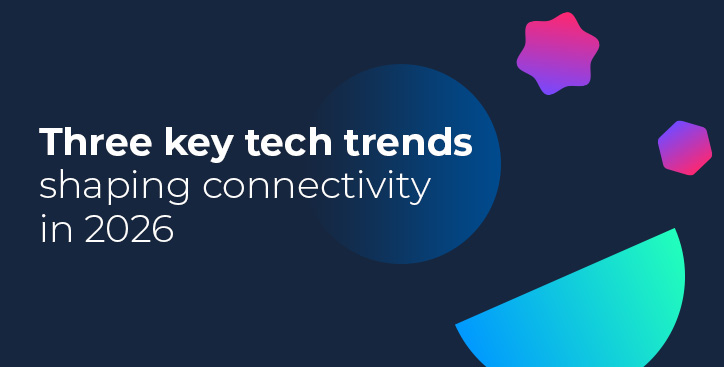

.jpg)

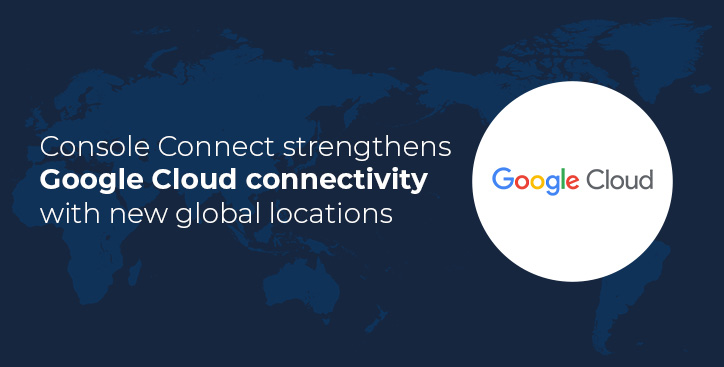
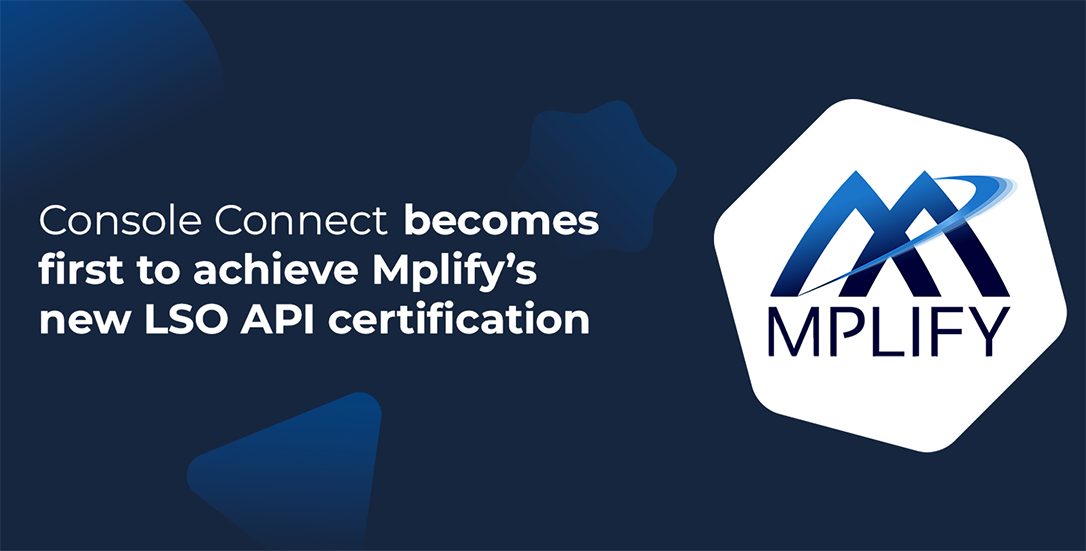

.jpg)